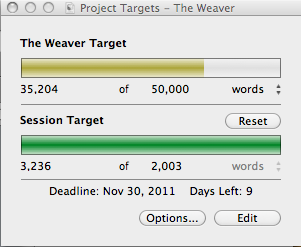Update December 21, 10:00 am:
He did it! This morning marked the end of his experiment and he is now sound asleep. We have yet to determine what is left of his brain after 72 hours of no sleep and video game overload. So far, the rest of the family is intact, and as far as sickness...we'll need a few days to see how that goes.
He hasn't been home during most of the event, just last night. (Hence the dim glow from the family room all night.) These next few days will tell all in terms of the aftermath.
Special thanks to Heather Bready for providing the giant, green-tinted TV for the video game all-nighters. Stuart said, "Please can we keep it?"
Quote of the Day: "I'm not going to get sick!" ~my son
My son, who is a senior in high school, has worked out some weird extra credit arrangement with his AP Psychology teacher. He gets 25 extra points if he does a sleep deprivation experiment for 72 hours and records how it affects him. I find serious flaws in this plan.
Today marks 24 hours of no sleep for him.
When I called him this morning to see how things went last night, he told me he and his friends were waiting outside for Deseret Industries Thrift Store to open so they could buy more TVs for their stay-awake-all-night-gaming strategy. (Let me also say that he seems a little put-out that we won't just let him take the new 56" flat-screen TV over to his friend's house. Go figure.)
I don't think this brilliant psychology teacher took into account how the sleep deprivation of the teenager would affect the rest of the family.
I predict that in the very near future the following events will occur:
- the sleep deprived child will get into a heap of trouble for attitude problems.
- anger management will drop to an all time low.
- he will be sick for Christmas.
- one or more of his siblings will be massacred in a fit of uncontrollable emotional overload.
- we will have a record number of door slammings, possibly requiring some repair work to the moldings.
- by the end, we will be the first to witness a real live zombie.
Only 48 more hours to go. Stay tuned for the updates!
















